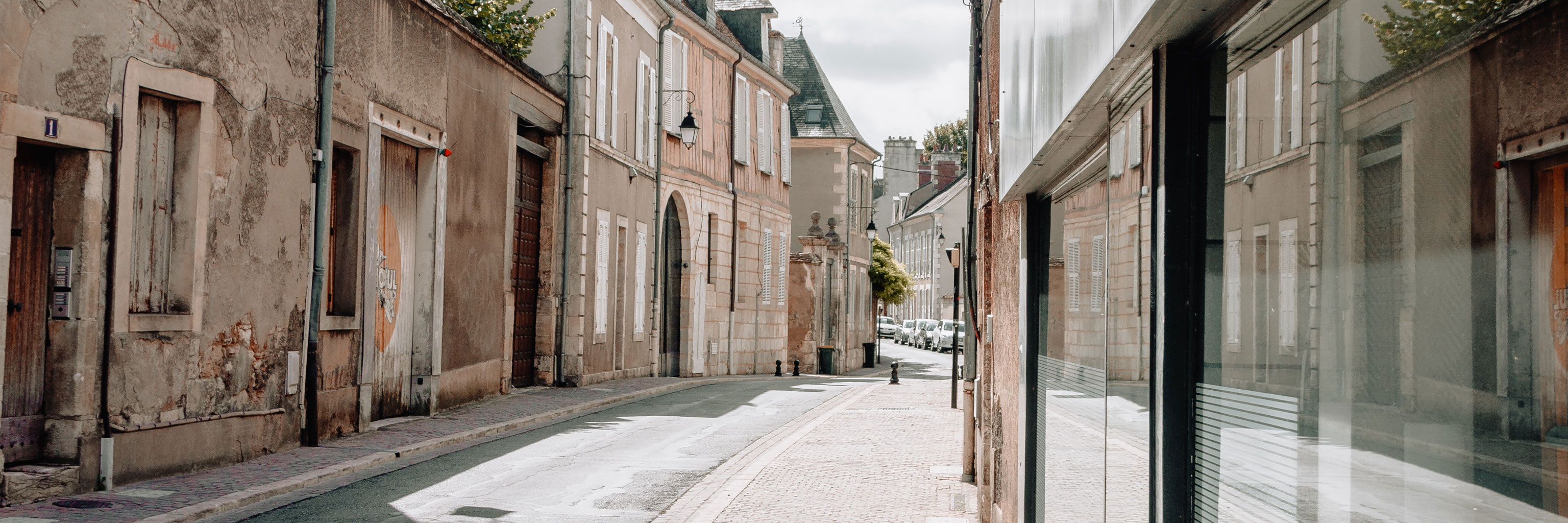In March 2020, France launched “Operation Resilience,” a response to the COVID-19 outbreak. Dr. Oana Panaïté’s FRIT-F 225 Contemporary France will use mass media and other cultural materials to examine and reflect on the country’s efforts during a pandemic that underscored and exacerbated social issues such as political polarization, racism, and economic stratification.
An interview with Dr. Panaïté, Ruth N. Halls Professor of French and Francophone Studies in the Department of French and Italian, is below.
Why does this course fit the theme of this year’s Themester?
Dr. Panaïté: The course examines the ways in which the COVID-19 pandemic and France’s response to it, officially entitled “Operation Resilience,” has caused this country to question its fundamental values of “liberty, equality, and fraternity” at all levels of society and culture.
It will introduce students to long-standing issues of change, resistance, and resilience in French culture while also inviting them to reflect and think creatively about the effects of the current global crisis in different national settings. We will look, for instance, at how individuals and communities in France reacted to lockdowns, mask mandates, and vaccinations.
We will also plan on having one or more French guest speakers who will join us for virtual lectures on environmental policies, sustainability, and urban development in a post-pandemic world.
What type of students do you encourage to take this course? Where do you suggest people can educate themselves about this topic if they are unable to take the class?
Dr. Panaïté: Undergraduate College majors and IUB students in general looking to complete their general education requirements and enhance their knowledge of world cultures will be the primary audience for this course. The course is also relevant for any student wishing to delve into the public health, political, societal, and cultural crises brought to the fore by the COVID-19 pandemic in France with a view to drawing parallels with the US and learning from each country’s successes and failures.
If this class was condensed into a single guest lecture, what parts of the course would you highlight upon?
Dr. Panaïté: At the core of the course lie the tensions created by the pandemic in France’s traditional institutions and values such as the health care system, the government’s role in crisis management, the idea of collective responsibility, and the sense of national identity. This central crisis lends itself to illuminating comparisons with France’s response to past collective traumas such as the Nazi Occupation of 1940-1944, but also with how other countries like the US have faced the pandemic and its consequences.
What do you hope people learn from your class and more importantly, what do you hope they teach others after being in this class?
Dr. Panaïté: The course will address issues such as race, gender, immigration, urban/rural sustainability, culture, and youth studies. Students will have a chance to examine these topics though a host of cultural materials such as mass-media and social media, literature, film, and the visual arts.
At the end of the semester, they will be able to understand and explain to others how society in France has reacted and adapted or failed to adapt to the issues of economic and social justice, racism and immigration, political polarization, and the pressures for rethinking group and individual identities created or accelerated by the pandemic.
How do you feel that this year’s theme fits into what is going on in the world right now?
Dr. Panaïté: The course deals with the COVID-19 pandemic with a specific focus on France while also inviting comparisons with the US. It invites students to examine how, in the context of this crisis, beliefs, worldviews, and institutions have either resisted change or managed to adapt creatively to an unprecedented event in national and global history.
View this course
View Themester courses




 The College of Arts
The College of Arts